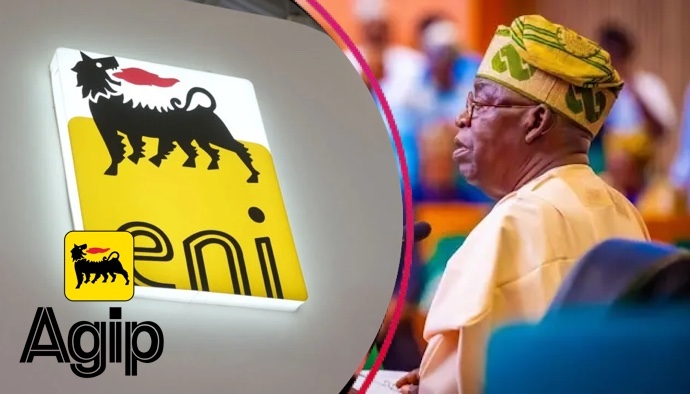
The Nigeria Customs Service (NCS) has launched an automated clearance process for overtime cargoes and extended the clearance window to 120 days to boost trade facilitation and reduce congestion at ports.
Speaking at a sensitisation programme in Lagos on Monday, Comptroller-General Bashir Adeniyi said the automation aims to streamline operations, tackle delays from abandoned shipments, and cut down on the high volume of clearance extension requests, which make up nearly half of daily correspondence at customs headquarters.
“We have created a help desk to prioritise clearance of project cargoes for government agencies. Our goal is not only revenue generation but ensuring goods reach their owners efficiently,” Adeniyi stated.
The CG expressed optimism that the new system would reduce the less than one percent of cargoes currently classified as overtime to zero in 2024. He encouraged terminal operators, shipping companies, and clearing agents to engage actively and provide feedback for further refinement.
Assistant Comptroller-General Isah Umar explained that the e-clearance system will simplify customs procedures, enhance transparency, reduce human interference, and strengthen data integrity through the Single Goods Declaration (SGD) platform.
According to Chief Superintendent Aliyu Abdulkadir, the Nigeria Customs Service Act 2023 mandates that overtime cargoes be disposed of after 120 days. Perishable and inflammable items may be auctioned immediately to prevent accidents.
Assistant Comptroller Ibrahim Muhammed added that cargoes are classified as overtime after 30 days, with clearance escalation from area controllers to zonal and headquarters levels if unresolved.
Zonal Coordinator Muhammed Babadede described the NCS as the most digitalised customs administration in West and Central Africa, commending CG Adeniyi for driving significant reforms through automation.



